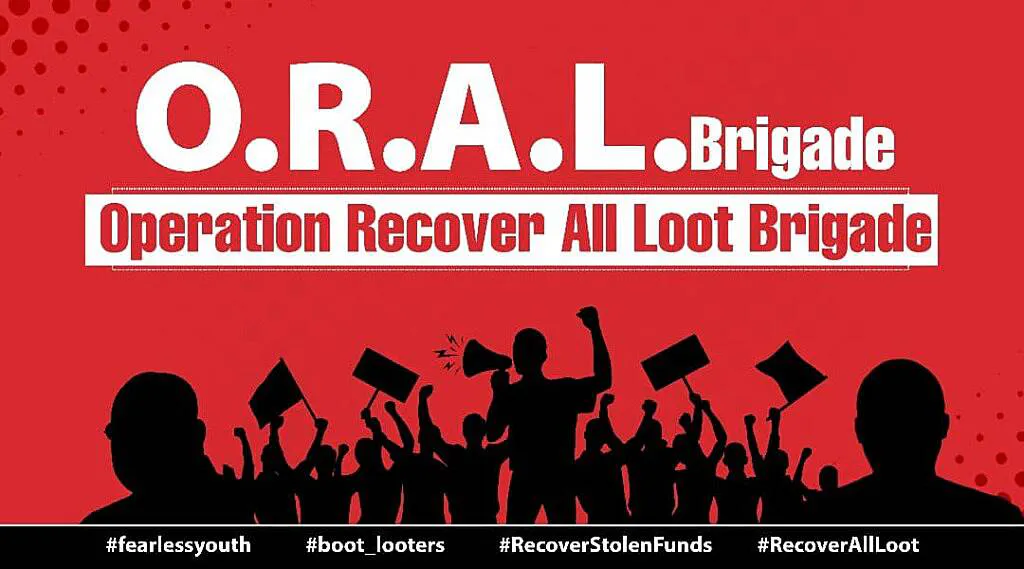Loan negotiations are coming under renewed scrutiny as calls for accountability in Ghana’s worsening economic crisis intensify, especially regarding the role of transaction or loan advisors.
Professor Stephen Kwaku Asare, a renowned legal expert and Democracy and Development Fellow at CDD-Ghana, has called for sweeping investigations into the professionals who orchestrated Ghana’s massive and unsustainable borrowing spree over the last eight years.
As Ghana grapples with a deepening debt crisis, Prof. Asare called for a comprehensive investigation into the web of individuals and institutions that contributed to the fiscal breakdown.
He argued that accountability should extend beyond the politicians who approved the deals to include the transaction advisors who crafted them.
“These ‘advisors’ played a pivotal role in structuring, endorsing, and promoting loans and bond issuances that have left the country in a state of fiscal distress. Many of these transactions were shrouded in opacity, with questionable due diligence, inflated projections, and possible conflicts of interest.”
Professor Stephen Kwaku Asare
His comment was directed at Operation Recover All Loot (ORAL), an initiative set up by President John Dramani Mahama to investigate and recover looted state funds.

While ORAL appears to be focused primarily on political officeholders, Prof. Asare insisted the probe must go further. “We cannot recover the nation’s wealth without uncovering the full network that enabled its looting.”
According to Prof. Asare, transaction advisors were far from neutral actors. Instead, they were instrumental in giving legitimacy to questionable loans that pushed the country closer to the brink.
These advisors, often operating in the shadows, played a decisive role in securing external financing with little to no transparency, he said.“Transaction advisors were central to legitimizing and enabling excessive borrowing that lacked accountability and transparency.”
ORAL Charged to Broaden Scope
Furthermore, Prof. Asare demanded that ORAL broaden its scope by identifying and naming all transaction advisors involved in Ghana’s major borrowing arrangements.
He called for a full audit of the quality, independence, and objectivity of the advice given to the state.

Additionally, he demanded that all financial flows—fees, commissions, and incentives—paid to these advisors, be traced and scrutinized.
This is not a witch hunt; it is a demand for responsible governance. In a democracy, public financial management must not be driven solely by political ambitions or elite networks.
Advisors are not mere consultants; they are gatekeepers of due process. When they fail, either through negligence or collusion, the consequences are devastating.
To that end, Prof. Asare made a compelling argument for a legal route: he urged ORAL to pursue legal remedies, including the recovery of professional fees where evidence of fraud or negligence is found.
He further called on the initiative to investigate potential “conflicts of interest and collusion with public officials”.
This means delving into whether advisors had undisclosed relationships with state actors or whether they were incentivized to recommend loans that did not serve the public interest. “We Can’t Be Given Haircuts While They Wear Afros.”
Indeed, Ghana’s debt woes are not just the result of poor political leadership—they are also the consequence of elite partnerships that profited from the country’s misfortunes.
For years, fiscal decisions have been influenced by flashy PowerPoints, rosy forecasts, and conveniently overlooked risks.
Behind every loan deal is a paper trail of advisors, consultants, and facilitators—many of whom walked away with millions in fees, even as the nation fell deeper into debt.
ORAL to Ensure Transparency
For ORAL to earn public trust and legitimacy, its mandate must go beyond scrutinizing political figures alone.
It must trace the financial trail to the boardrooms, consulting firms, and financial institutions that facilitated and profited from the country’s excessive borrowing.
According to Prof. Asare, true transparency and accountability require that every actor involved—whether public or private—is held accountable for their role in Ghana’s economic woes.

“To rebuild trust and restore fiscal stability, accountability must extend beyond public officials to the professionals and institutions that supported and profited from these damaging transactions.”
Professor Stephen Kwaku Asare
Ghanaians deserve a comprehensive reckoning that goes beyond holding only politicians accountable.
While public officials may have signed off on the loans and contracts, they did not act alone.
Behind the scenes, transaction advisors, consultants, and financial intermediaries played a pivotal role in crafting and endorsing the very deals that have deepened the nation’s debt crisis.




















